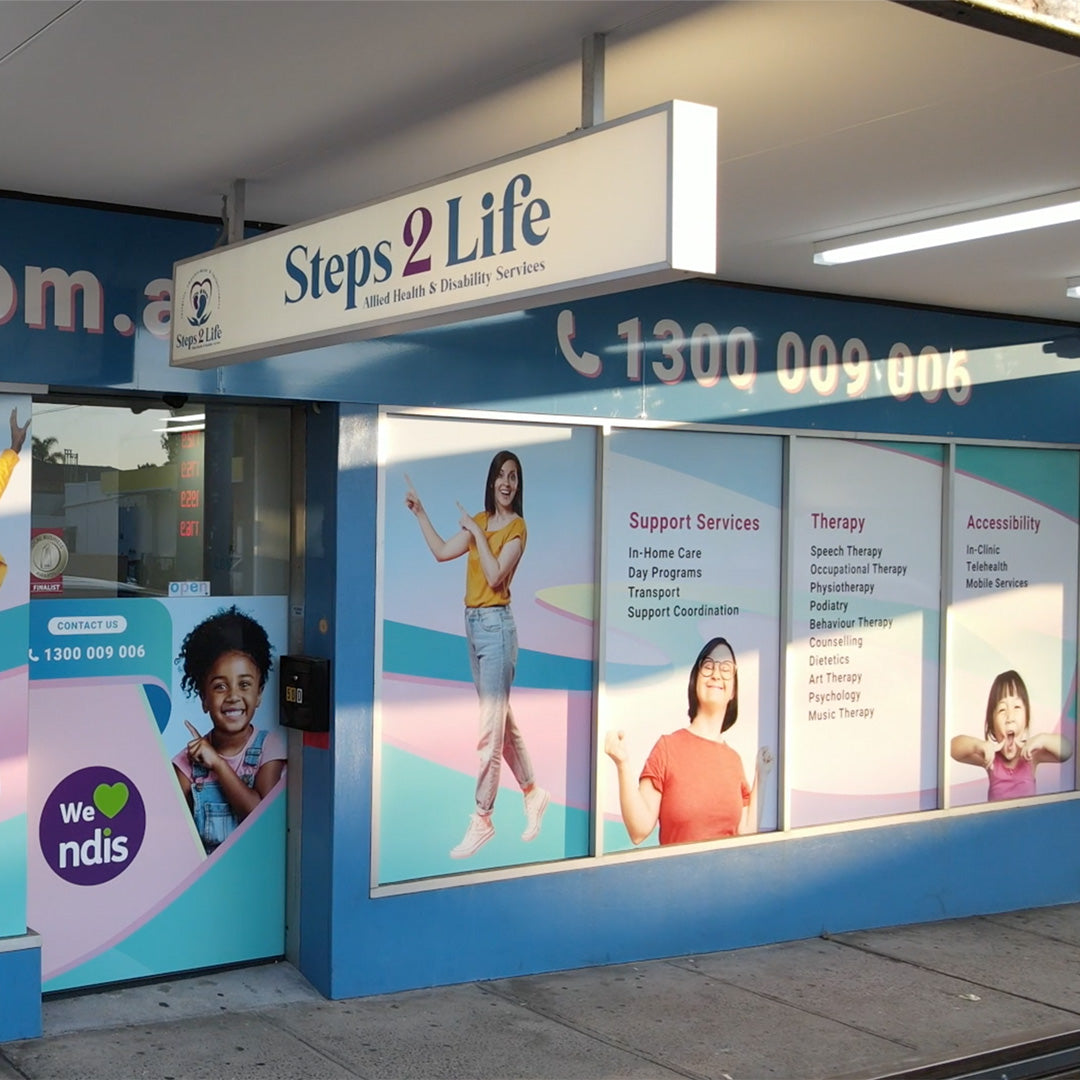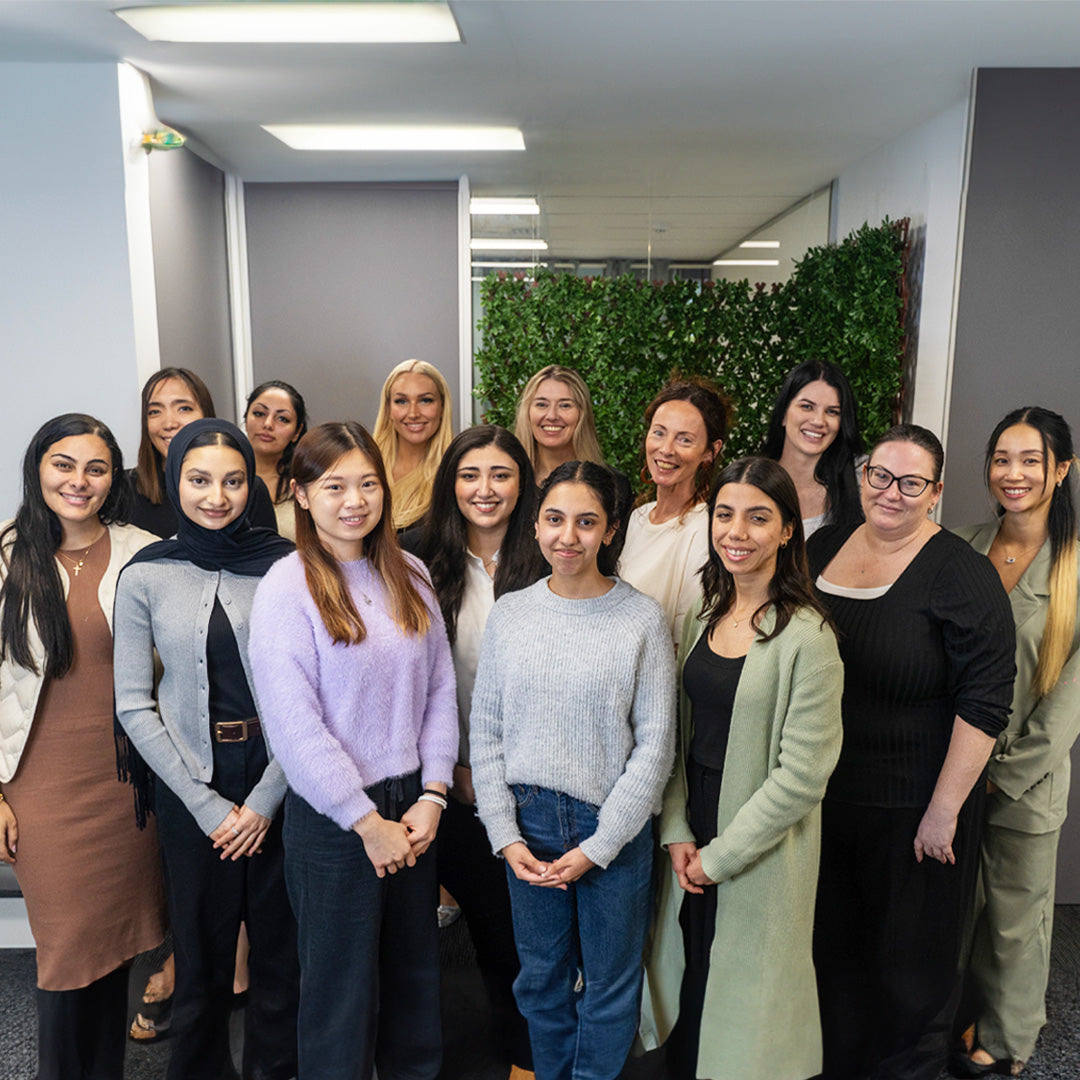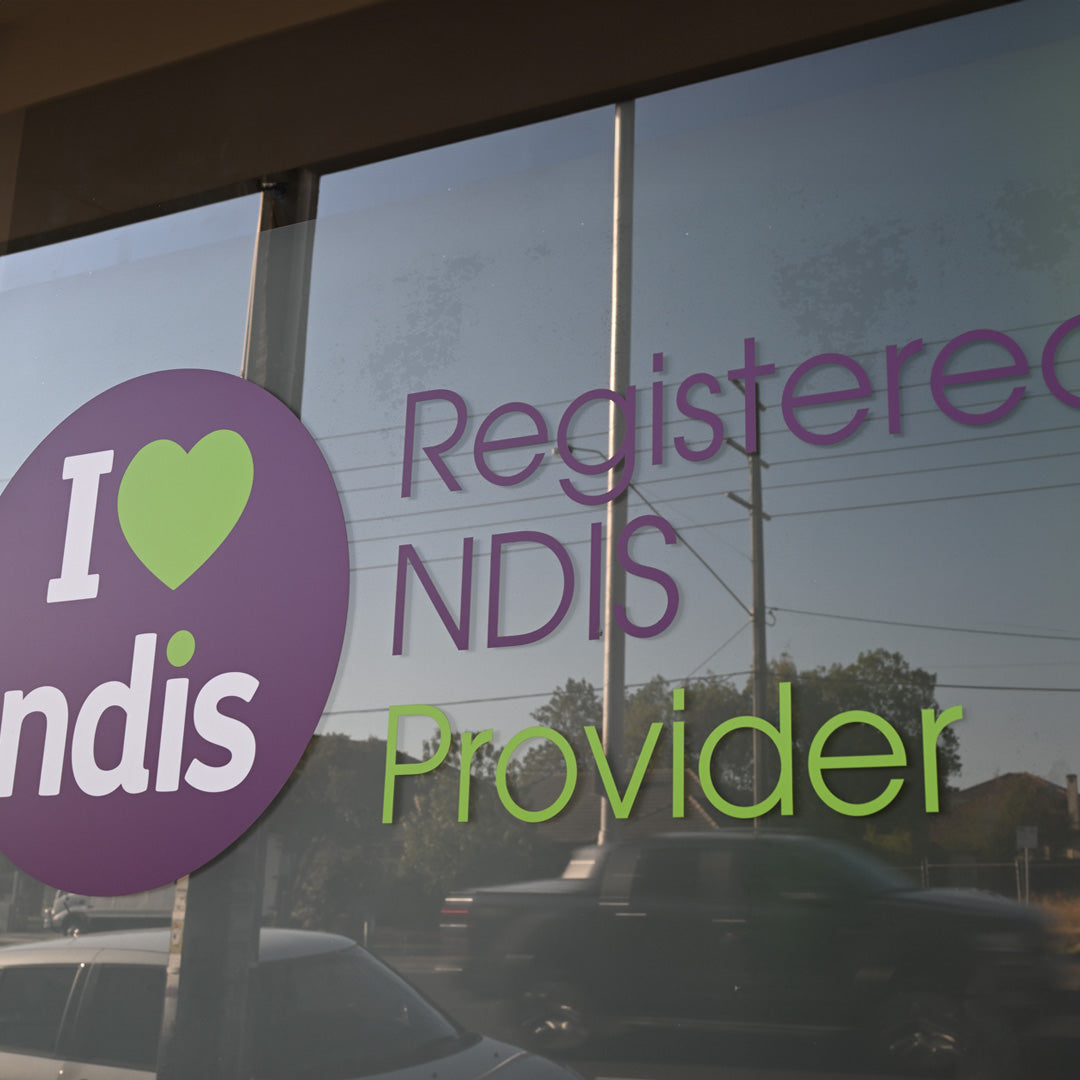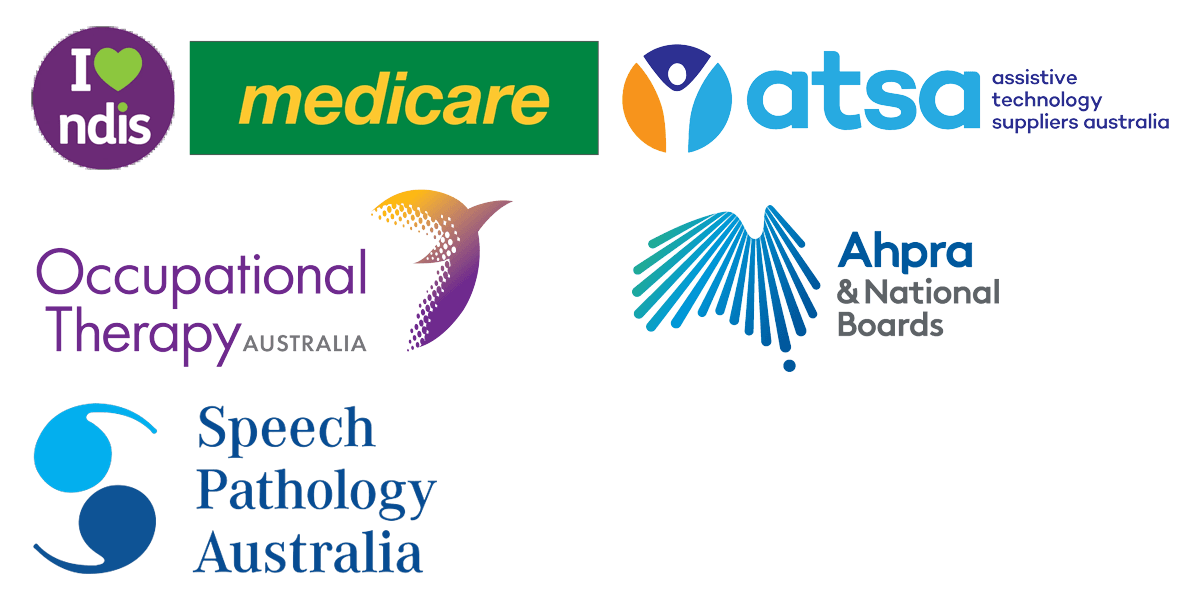It's natural for children to develop at their own pace, from taking their first steps to learning how to communicate. But, how do I know if my child needs speech therapy?
Allied Health Assessments
While children do not develop their speech and language skills at the exact same rate, there are important milestones that can help determine if your child's language and communication development is progressing as expected. If your child struggles with making certain speech sounds, has trouble forming sentences, or doesn't seem to understand instructions, it might be time to consider a speech assessment.
Allied health assessments are designed to provide a comprehensive understanding of your child's needs across various health disciplines. These assessments are conducted by a team of specialists, including speech therapists, occupational therapists, physiotherapists, and psychologists.
In these assessments, the therapists will evaluate areas like communication skills, motor function, mental health, and sensory processing to identify and provide early intervention. Whether it's speech and language difficulties, developmental delays, or behavioural concerns, allied health assessments ensure your child receives a holistic and personalised treatment plan.
The importance of early childhood intervention
Under the NDIS Early Childhood Early Intervention (ECEI) approach, children under six can access support even if they don't yet have a formal diagnosis. The goal is to provide timely intervention that helps children develop important skills, such as communication, and reduces the need for longer-term support later in life.
If a child's speech development is significantly delayed, early intervention can help improve their ability to communicate effectively, enhancing their overall quality of life and participation in the community. This approach focuses on building family capacity and ensuring that the child can be included in mainstream settings, such as preschool or playgroups, where they can interact with peers and practise their skills.
By acting early, families can prevent more severe communication issues from arising, ensuring the child has the best possible start in life. For children showing signs of developmental delays, such as difficulty with speech, the NDIS can provide personalised support that caters to their individual needs.
What developmental milestones should you be aware of?
There are several important milestones to look out for as your child grows. These can give you an idea of whether their speech and language abilities are developing in line with typical expectations.
At 12 months, a child should be able to babble, use gestures, and be able to say a few words. They should also be able to mimic sounds and respond to their name, as well as recognise familiar people and greetings.
By 18 months, your child's vocabulary should have expanded. You'll notice they can say several single words and begin to understand simple instructions. They should also be able to point to objects that they recognise and to image they are familiar with in books or magazines.
By the age of two, children should have a vocabulary of between 50-250 words and be able to join two words together. They should be able to follow simple directions and be able to provide answers to basic questions such as:
- What is your name?
- How old are you?
- What is your favourite colour?
- What is your favourite toy?
By the age of 3, a child is expected to develop various speech and language abilities. It is at this time they should be able to form basic sentences such as “I want milk” or “daddy is home”. While speech can still lack clarity, a parent or familiar should be able to comprehend around three quarters of what the child says. At 3 years, children will ask simple questions such as “what?” or “why?” and be able to answer basic questions about their surroundings.
At 4 years of age, children use longer sentences and can ask questions such as “can we go to the park?” or “can you help me?”. By this time, a child’s speech should be easy to understand, even by strangers. Pronouncing ‘r’ or ‘th’ may still prove difficult. They begin to use more sophisticated sentence structures, such as “I want to go outside, but there’s a storm”. Children at this age will typically ask many questions, be able to have a simple conversation, and be able to stay on topic for at least a few interactions.
At 5 years, most children use full sentences, engage in conversations, and pronounce most of their speech sounds correctly. 5 year old children should be able to use most grammar rules correctly, including past, present, and future tense.
They are able to participate in longer, more challenging conversations, know how to take turns in asking and responding to questions, and be able to remain on topic. They can follow instructions that contain multiple steps such as “put your toys in your room, wash your hands in the bathroom, then come and have your dinner in the dining room”.
If you feel that your child isn't meeting these critical milestones, it could be a sign that speech therapy is needed. A speech therapist can perform allied health assessments to pinpoint areas where your child may need support and guide them through improving their communication skills.
Do I need to see a doctor before seeing a speech therapist?
No, you don't need a doctor's referral to see a speech therapist. If you have concerns about your child's speech development, it's always better to act sooner rather than later. Electing to give your child additional time in the hopes that they will show improvement, is not a recommended approach when it comes to speech and language development. Early intervention can make a significant difference in your child's ability to overcome any delays.
If you're worried about your child's communication abilities, scheduling an appointment with a speech therapist for an evaluation is a proactive step. A timely assessment can help determine if speech therapy is needed and provide guidance on how best to support your child's development.
What do speech therapists do during the initial session?
During the first appointment, the speech therapist will assess your child's speech and language skills. They'll ask you about your child's development and communication abilities at home, in school, and in social settings. Through play activities or using pictures, the therapist will evaluate whether your child's speech sounds and sentence structures are appropriate for their age.
The therapist will also assess how well your child understands different concepts and follows instructions. Following the evaluation, they'll provide feedback on whether your child needs speech therapy and how it could benefit them. The assessment will form the basis for developing a personalised intervention plan to help your child achieve their speech goals.
Here's a summary of what you can expect during the first visit:
- An assessment of your child's speech and language skills through play or picture activities.
- Developmental history and information gathering.
- Evaluation of your child's understanding of concepts and ability to follow instructions.
- Feedback on whether speech therapy is necessary.
- Creation of a tailored intervention plan if therapy is recommended.
How much speech therapy will your child require?
The length of time your child will need speech therapy varies based on their individual needs. The seriousness of their speech or language condition will play a key role in determining the duration of therapy. Some children may show improvements after just a few sessions, while others might need longer-term support to achieve their communication goals.
At Steps2Life, we create personalised intervention programs tailored to your child's unique situation. This ensures that every child receives the specific therapy they need to improve their communication abilities efficiently and effectively. We work closely with families to track progress and adjust therapy as needed to ensure the best outcomes.
If you're wondering how do I know my child needs speech therapy, contact Steps2Life today for an assessment and support from our experienced therapists.
























